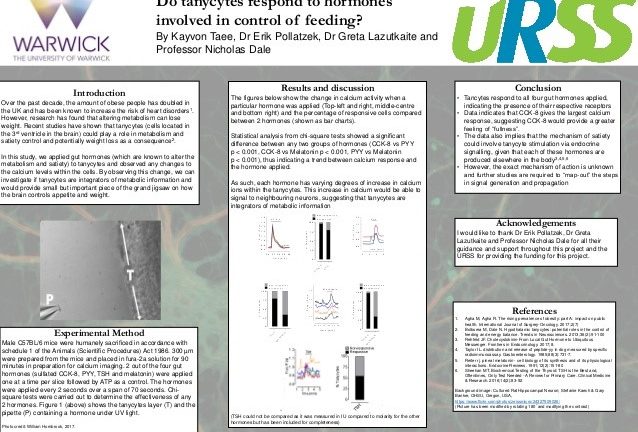University – exams, assignments, lectures and socialising. Quite often this is the life of a typical undergrad student. However, what about the staff who set the work? What do they do? Well, they research! Read on to see how you can get a taste of their work for yourselves… By Kayvon Taee
Preparation
I decided I wanted to carry research around October 2017. Thinking about what I wanted to research and under who was one of the hardest parts as I wanted to study outside my depth – biology. Now, I am a chemistry student and to study at a high level would be tough but I ensured I had some basic knowledge prior. I decided to take some biology modules to give me a general idea of what area interested me and which lecturer’s content I enjoyed the most. A few months later, I felt I wanted to research neuroscience so I reached out to the professor who taught that content, ensuring I read a few of their publications so I can better pitch a research proposal to him but to URSS as well.
URSS (Undergraduate Research Scholarship Scheme) is amazing – it allows undergraduates to apply for a scholarship towards living costs so they can carry out a 6 to 10-week research project in any field you desire! Be sure to apply well in advance and to look at what it entails, which you can do so here. The application closing date is 5 January 2020.
Starting the project
The first week of my project was dedicated to developing the necessary skills required to carry out the research properly. In my project, I used a bunch of technical equipment and software which was really daunting! However, I was equally very excited to learn and become a pro! Due to the nature of the project, I was given one day a week off so I could go away and analyse the data I collected over the week. It involved lots of large spreadsheets but it was really interesting to see the translation from imaging into numbers!
Midway checkpoint
As well as carrying out my project, I ensured I kept a journal of my day-to-day activities that involved my research. I made sure to write as much detail as possible so I could spot any mistakes I make and would help me find ways to make my experimental technique even better. As well as experimenting and crunching numbers, I kept reading loads of journal articles that were in the same topic so I can make predictions on what to expect and being able to explain why things went wrong. Around 3 weeks into my project, I decided to write a progress report, summarising all that I’ve done so far, including any research notes I made as well as my own findings from the experiments. After my report, I met up with some other students doing a URSS project and did a quick 5-minute presentation to help share my research, developing my presentation skills and to collaborate each other’s findings to get a better understanding of our subject.
Finalising the project
Towards the end of the project, I began wrapping up my experiments and decided again to write another progress report. I then presented my research to my supervisor in preparation for the poster presentation fair that all URSS students must do to complete their project. I am someone who loves talking (as you’ve seen from my many blog posts and what the editors will tell you!) so I wasn’t worried in the slightest! If anything, I was really excited to present my hard work for the world to see! When making the poster, I made sure to stay in the library, making the most of friendly staff and its 24/7 opening hours to my utmost advantage.
I then submitted my poster, ready for the big day! On the actual day itself, it was really busy, filled to the brim with students, staff and members of the public! Many people were attracted to my poster and it was honestly exhilarating being able to share my research with all kinds of people. I would definitely do it all again in a heartbeat!
If you want to see what research you can do over the summer, be sure to attend the poster fair which will be taking place on 13 November (Wednesday) in the Panorama Room in the Rootes Building!
That’s all from me, see you again soon!
